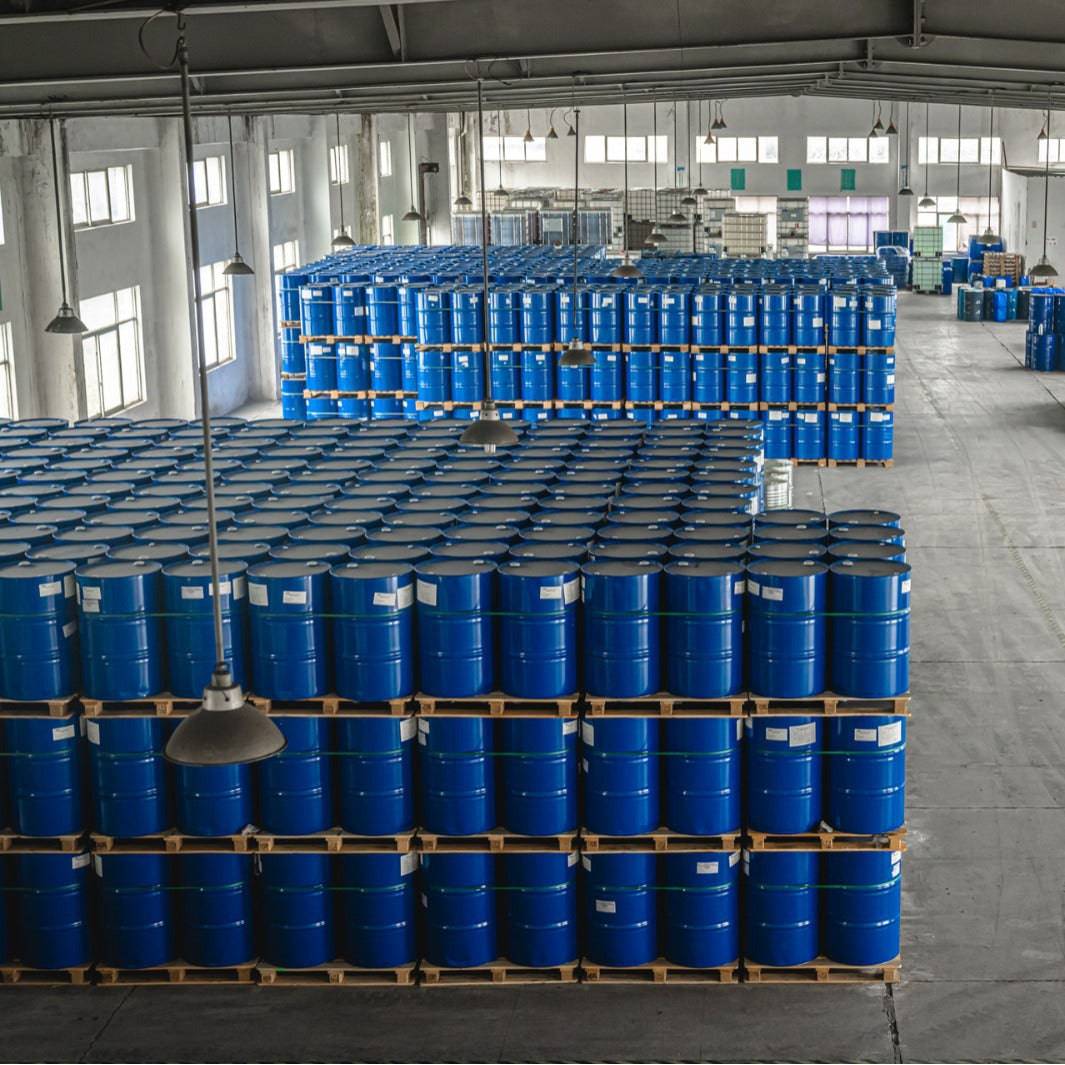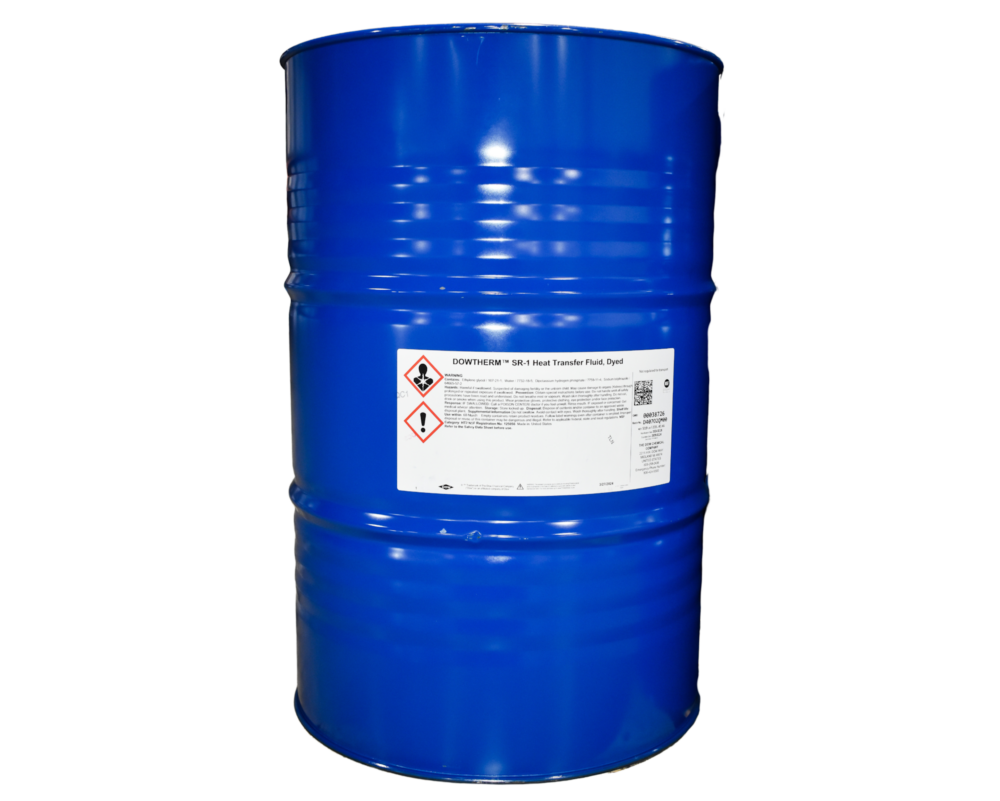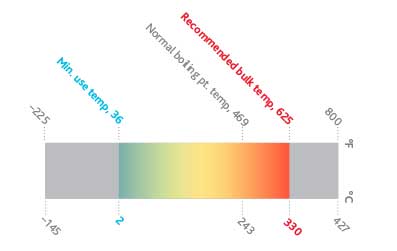A Comprehensive Overview to Heat Transfer Fluid for Solar Thermal Systems
A Comprehensive Overview to Heat Transfer Fluid for Solar Thermal Systems
Blog Article
How Warmth Transfer Fluid Adds To Sustainable and Economical Operations
In the modern industrial landscape, the function of warmth transfer fluids (HTFs) in promoting sustainable and inexpensive operations can not be overstated. These liquids are pivotal in enhancing thermal monitoring systems, thus significantly boosting energy effectiveness and reducing operational expenses. heat transfer fluid. The ecological benefits of innovative HTFs, with their high thermal stability and reduced poisoning, are obvious.
Understanding Warmth Transfer Fluids
In the world of thermal management, warm transfer liquids (HTFs) function as essential agents for moving thermal energy from one place to an additional. These fluids play a crucial role in different commercial applications, consisting of chemical processing, power generation, and a/c systems. HTFs are specifically engineered to run within a large range of temperatures, successfully assisting in the transfer of heat while preserving a secure thermal profile. Their ability to operate under extreme conditions-- whether heats or cryogenic degrees-- makes them important in environments requiring exact thermal control.
The composition of warm transfer fluids can vary significantly, including choices such as mineral oils, synthetic oils, glycols, and molten salts. Each kind provides distinct benefits, such as enhanced thermal security, low viscosity, and high boiling factors, which are selected based upon details operational requirements. Moreover, the selection of HTF influences not just the effectiveness of heat transfer but also the longevity and safety of the system in which it is utilized.
As industries remain to introduce, the growth of sophisticated HTFs, identified by their improved thermal conductivity and decreased ecological influence, is important for satisfying the needs of contemporary thermal management obstacles.

Enhancing Power Performance

Improving energy performance has come to be a vital problem throughout various markets, prompting a more detailed evaluation of warmth transfer fluids' duty in optimizing thermal monitoring systems. These liquids are important to preserving the preferred temperature level in procedures, thus lessening energy waste and boosting total system efficiency. By picking an ideal warmth transfer fluid, sectors can significantly enhance their energy performance, causing decreased power intake.

Advanced formulations of heat transfer fluids have been established to stand up to severe temperatures while preserving security and performance. These advancements prolong the functional lifespan of the fluid, decreasing the regularity of replacements and energy-intensive maintenance tasks. The usage of synthetic or bio-based liquids offers extra advantages in terms of decreased ecological impact, lining up with worldwide sustainability goals. Enhancing energy efficiency through ideal warm transfer fluid choice is not just a technical requirement however additionally an ecological essential.
Decreasing Functional Prices
Functional costs are a substantial factor pop over to these guys to consider for industries looking why not look here for to maintain competitive advantage, and the option of warmth transfer liquid plays an essential function in expense monitoring. Picking an appropriate warm transfer fluid can cause significant price financial savings by enhancing system efficiency and decreasing power intake. High-performance liquids minimize thermal deterioration, which subsequently decreases the regularity of liquid replacement and downtime connected with maintenance, therefore reducing functional expenditures.
Additionally, heat transfer liquids with exceptional thermal security and rust resistance expand the life expectancy of tools. This lowers the requirement for frequent repair work and replacements, which can be costly and disruptive to operations. By investing in top notch liquids, sectors can achieve long-term reductions in maintenance expenses and enhance the integrity of their systems.
Additionally, advanced heat transfer fluids commonly show reduced thickness at running temperature levels, which improves pump effectiveness and minimizes power use in liquid blood circulation. This optimization of power intake straight converts right into lowered functional expenses. Lots of contemporary warm transfer liquids are engineered to run efficiently over a wide temperature range, minimizing the requirement for numerous fluid kinds, thereby enhancing inventory demands and reducing connected costs. These aspects collectively add to even more sustainable and cost-effective operations.
Ecological Impact Reduction
The press towards decreasing environmental impact has actually obtained energy in sectors leveraging warmth transfer liquids. Warm transfer fluids (HTFs) play a crucial role in this shift, offering opportunities to enhance power performance and lower discharges - heat transfer fluid.
Moreover, the usage of sophisticated warmth transfer liquids contributes to improved system performance, decreasing the total energy usage. This reduction not only causes expense savings however likewise lowers co2 emissions, helping in the fight versus environment change. Liquids that are naturally degradable and recyclable further improve sustainability initiatives, as they lessen waste and visite site promote round economy practices.
In addition, incorporating HTFs right into closed-loop systems stops fluid loss and contamination of the surrounding setting. This technique ensures that liquids are recycled, minimizing the need for new sources and limiting waste generation. By welcoming these ecologically aware techniques, sectors can substantially decrease their eco-friendly impact while preserving high functional efficiency, straightening with global sustainability objectives and regulatory demands.
Selecting the Right HTF
Choosing the proper heat transfer fluid (HTF) is a crucial action in advancing ecological sustainability within commercial processes - heat transfer fluid. An excellent HTF ought to possess a high thermal ability, reduced viscosity, and high thermal conductivity to guarantee effective heat transfer.
This makes sure durability and reduces upkeep costs. The liquid ought to be non-toxic and naturally degradable, reducing its eco-friendly impact and ensuring conformity with environmental regulations.
Verdict

Report this page